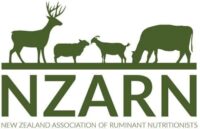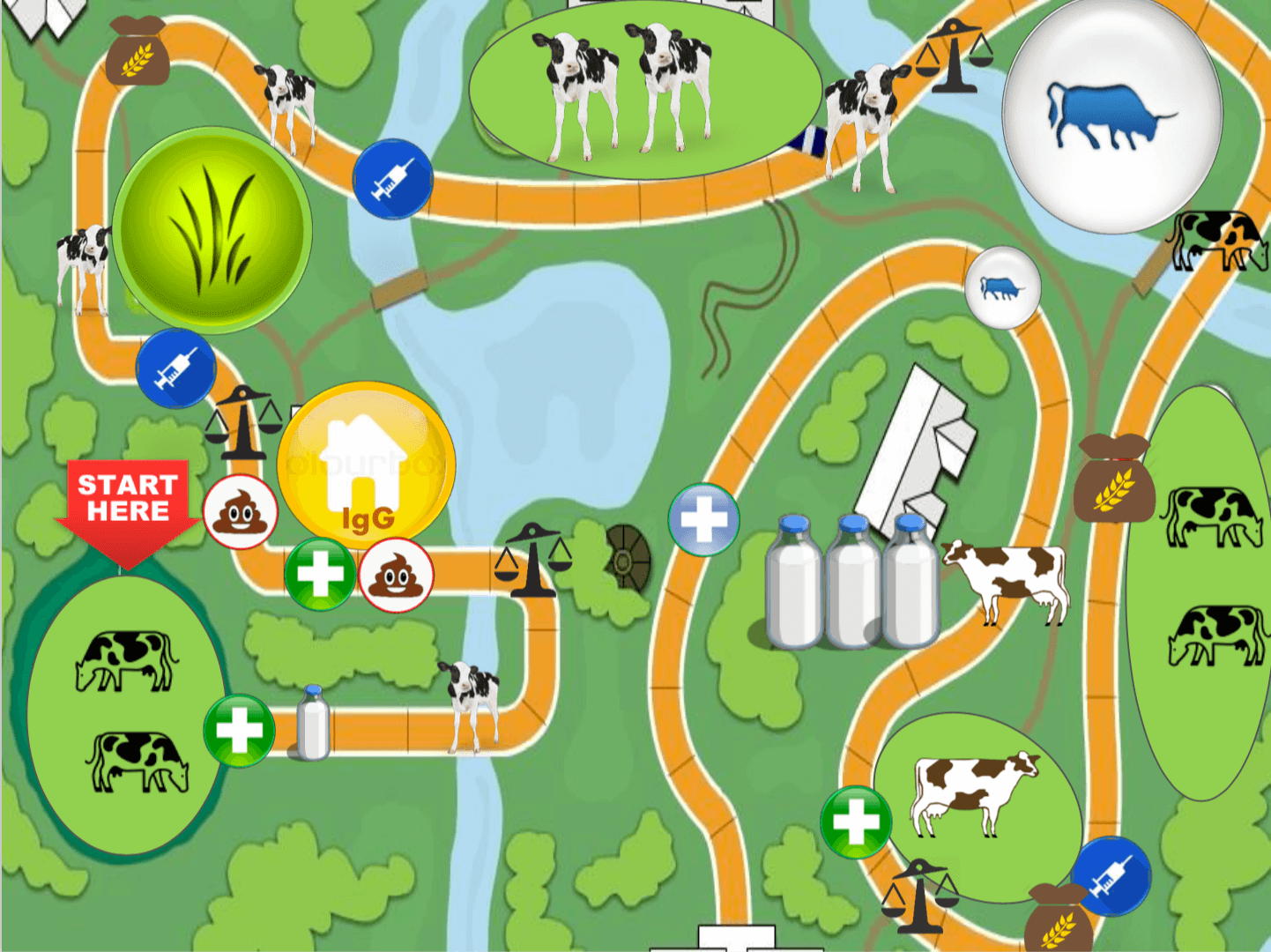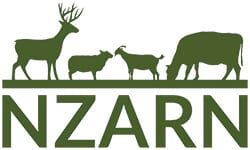Dr. Gemma Chuck BVetMed PhD
Gemma’s second presentation on the day covered the part of her research study that identified early life risk factors associated with poor reproductive performance of first lactation heifers. This part of the study used the same early life data from 1300 heifers involved (passive transfer, season of birth, age of dam, breed of dam, breed of calf, whether there was dystocia when the heifer was born, whether one of twins, method and quality of colostrum feeding, and if they had diarrhoea pre-weaning). It also used the same growth stages (birth to weaning, weaning to puberty and puberty to first calving and events at calving (age, BCS, whether assisted birth and/or periparturient disease, and sex of calf).
The reproductive measured used were time to first insemination from the start of the first mating period and time to conception from the start of the first mating period. The study identified risk factors based on their effect on the daily hazard of these two events occurring or not occurring.
Factors that had a positive influence on reproductive performance were being autumn or winter rather than spring born, calving at under 24 months of age and having a greater growth rate from puberty to first calving. An increase in growth rate of 0.3 kg/day led to a 30% greater chance of being inseminated and of conceiving in the first mating period.
Factors that had a negative influence were having a stillborn calf or a male calf, or having a periparturient disease.
NZARN members a full copy of the presentation is available below if you are logged in.
Non-members looking for more information are encouraged to use our ‘contact a nutritionist’ form and ‘member directory’ to find a member who can help them answer their questions.
If you are a Rural Professional interested in joining the NZARN please see our ‘membership’ section.


